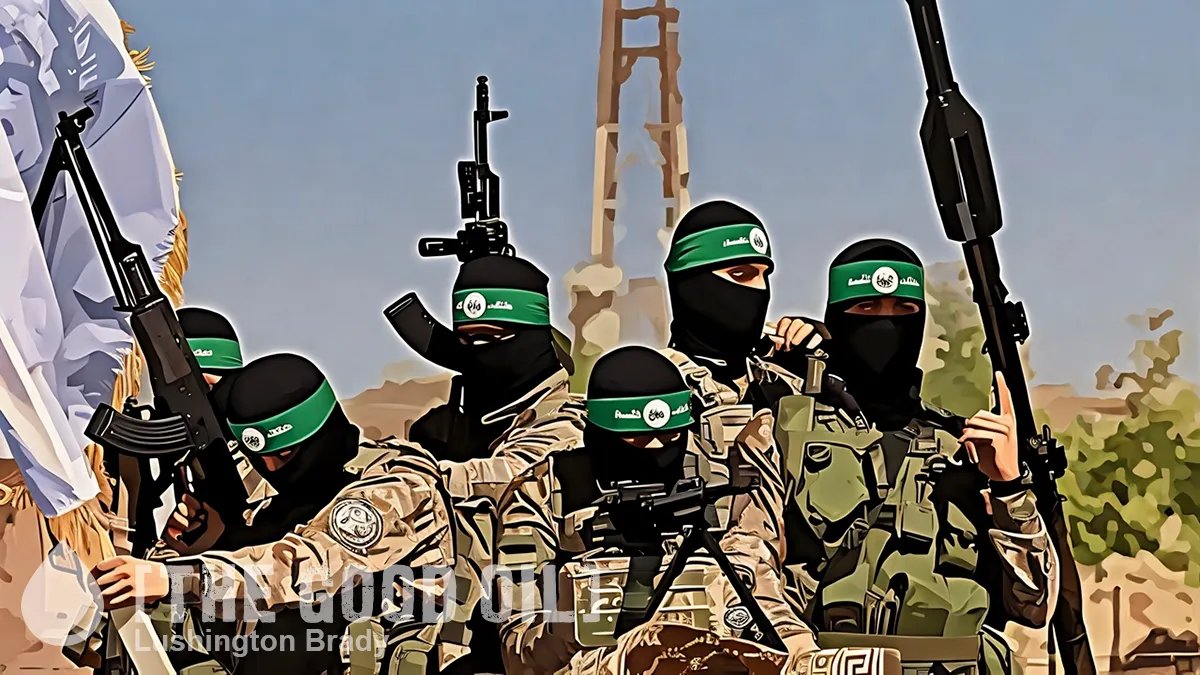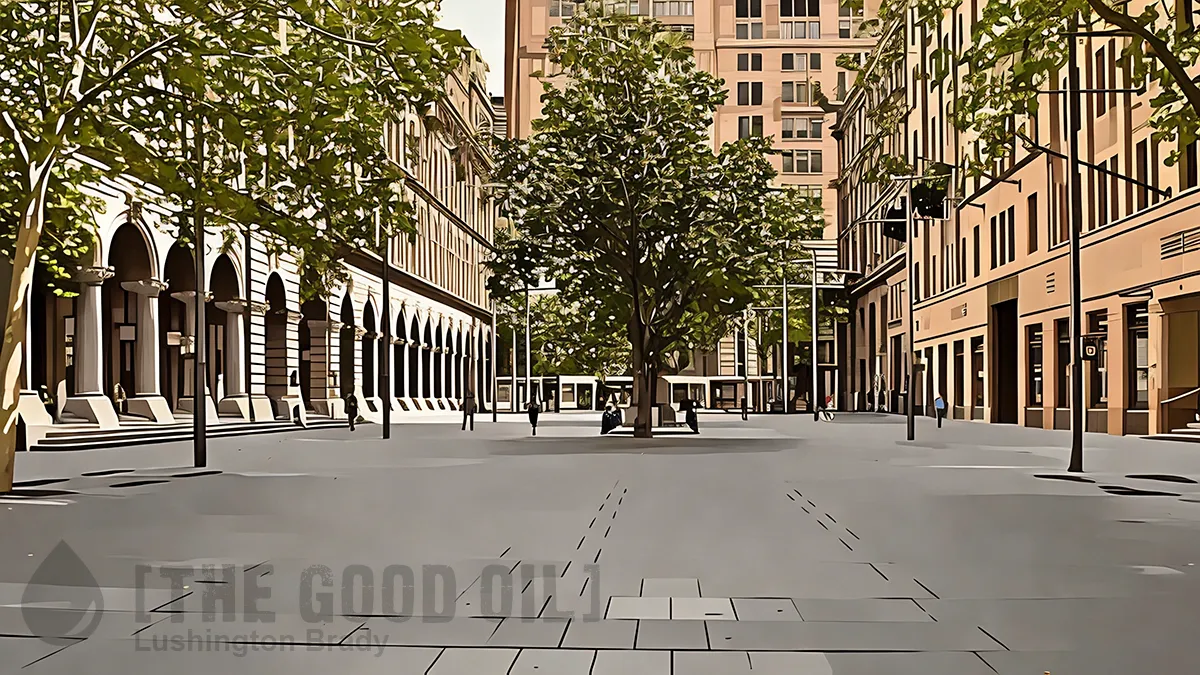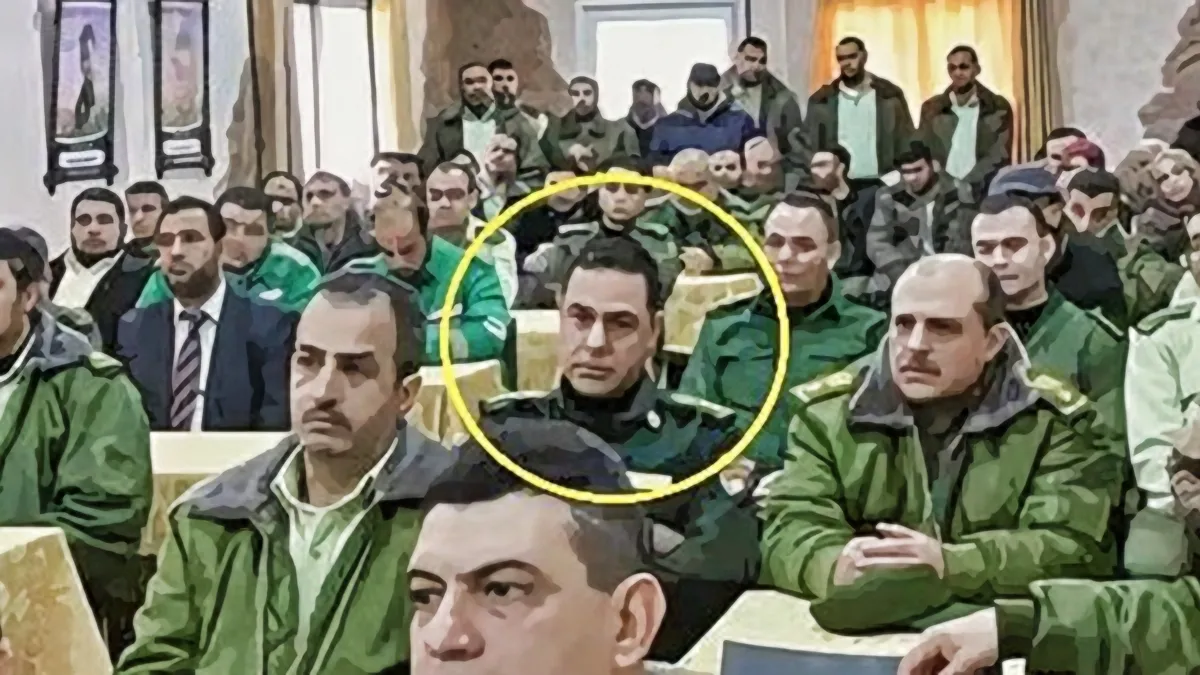Table of Contents
Allon Lee
Australian Jewish News
Allon Lee is a senior policy analyst with the Australia/Israel & Jewish Affairs Council
Fewer things are more exasperating than the media ignoring basic facts and context.
Scandals plaguing UNRWA, the main agency for Palestinian refugees and their millions of descendants, and Israeli PM Netanyahu’s comments on Palestinian statehood showed this in action.
When the US and other nations, including Australia, announced in late January a temporary suspension of funding to UNRWA, in response to “highly credible” claims that 12 of its staff participated in Hamas’ October 7 massacre, the media’s default reporting position was to reaffirm that overall, UNRWA is neutral and apolitical, simply providing aid and basic services to millions of desperate Palestinians. Moreover, no alternate organisation could possibly substitute.
On Feb. 6, ABC Radio meekly accepted a claim from UNRWA’s Thomas White that, “we go to extraordinary measures to ensure… staff abide by humanitarian principles, one of them… being neutrality,” adding that “the vast majority of UNRWA staff are committed doctors, teachers, nurses, water engineers.”?However, in fact, 10% of UNRWA’s Gaza employees are alleged to have some Hamas affiliation.
But the real scandal was the media’s failure to report statements of Palestinian leaders admitting UNRWA’s “true” purpose is not dispensing aid or basic services, but supporting the legally baseless “right of return” of 5.9 million Palestinian “refugees” to Israel proper.
This includes Palestinian President Mahmoud Abbas in late January, saying, “the campaign” against UNRWA is “to eliminate the issue of the Palestinian refugees.” Palestinian PM Shtayyeh said, “UNRWA has been a source of hope for… Palestinian refugees… for returning to their homes.” Likewise, Abbas’ Fatah party said, “There will be no peace… in the region without the return of the refugees to their homes from which they were expelled.”
Hamas also asserted that UNRWA’s role is to endorse “the rights of…refugees” to “resist the occupation by all legitimate means, as well as the right to return to their homes.” But these perspectives were not considered important enough to include in local reports.
On social media, Australia Palestine Advocacy Network President Nasser Mashni – who supports the appalling claim Israel itself carried out the worst October 7 atrocities – said, “UNRWA… advocates for Palestinians and their right to return to their homes.”
The insistence by UN officials that UNRWA is neutral wilts under the slightest scrutiny. In December 2021, UNRWA chief Philippe Lazzarini wrote an open letter to Palestine refugees, saying, “Let me reassure… your right of return… [is] enshrined in international law and UN resolutions.”
Lazzarini repeatedly appeared on TV and radio defending UNRWA but wasn’t asked how an unconditional right of return is compatible with the “two-states for two peoples” formula for peace, which has been the official UN position for resolving the Israeli-Palestinian conflict for decades.
In 2010, UNRWA New York director Andrew Whitley exposed this contradiction, chastising the organisation for encouraging the “cruel illusion” that Palestinian refugees will eventually “return” to Israel. His bravery was short-lived – Whitley was forced to apologise.
Now contrast the intense scrutiny of statements made by Israeli PM Netanyahu – a man the media scorns in the same way it automatically sympathises with UN agencies – made on January 18 that “in any future arrangement, or in the absence of an arrangement,” Israel must maintain “security control” over all territory west of the Jordan River, which, he admitted, “contradicts with the idea of [Palestinian] sovereignty.”
Most Israelis would agree with Netanyahu that “all territory we evacuate, we get… terrible terror,” as evidenced by October 7 and the Second Intifada terror emanating from the West Bank cities Israel vacated under Oslo.
ABC Middle East correspondent Tom Joyner’s Jan. 19 TV report not only omitted Netanyahu’s line about terror but claimed, “Israel has for years… shown no real interest in supporting the creation of a Palestinian state.” Netanyahu hasn’t always opposed a Palestinian state. In 2013/14, US Middle East envoy Martin Indyk said Netanyahu “sweated bullets” to reach a deal, but Abbas “checked out”. Since 2014, Abbas has refused all efforts to restart talks.
In the Guardian Australia(Jan. 24), PA representative to Australia Izzat Abdulhadi criticised Netanyahu’s remarks and wasn’t asked about his own boss’ rejection of two-state peace offers.
The Age seemed so concerned by Netanyahu’s comments that its Jan. 29 print edition ran five opinion pieces under the topic “Pathways to Peace” – two of which advocated a one-state solution. Given surveys show 75% of Palestinians support October 7, what were the Age editors thinking?
Those who claim the media doesn’t prioritise the Palestinian narrative seem to suffer from selective vision.
But if you want to really appreciate the raw deal Israel gets in the media, contemplate the silence that followed PM Albanese’s comment on ABC TV “Insiders” (Jan. 4) that “we need to de-escalate. Part of that might mean, for example, any existence of a Palestinian state would be one which was a demilitarised state as well.”
Albanese wasn’t asked the obvious, “Prime Minister, your position doesn’t seem all that different to Netanyahu’s. Doesn’t it also compromise Palestinian sovereignty?”
The indifference is remarkable.









